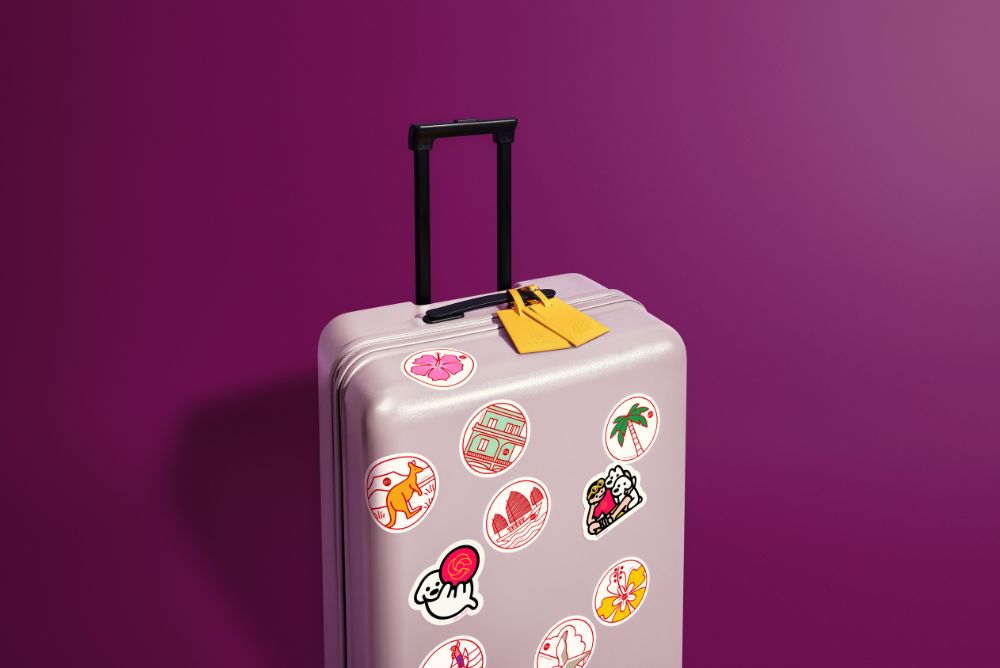Canadian retailers warn on cross-border DF changes
By Luke Barras-hill |
Adjusting Canada’s ‘de minimis threshold’ to match the US’s $800 duty free allowance for cross-border shipments could impact Canadian land border duty free’s competitive advantage, TRBusiness understands.
US policymakers are pushing Canada to up its duty free de minimis threshold from the current $20 limit [applied to international goods that consumers can purchase online without paying import duties] as part of ongoing North American Free Trade Agreement (NAFTA) talks, the latest round of which is scheduled to conclude on Monday.
COMPLEX ISSUE
Canadian duty free retailer sources have indicated to TRBusiness that the debate surrounding de minimis is a complex one.
One source said any changes to regulation should consider the complex differences governing tax laws between online and offline businesses in a way that does not adversely affect the competitive advantages gained by traditional retailers.
“We already face tremendous price competition from the US for our core products in bricks and mortar stores, and there is no doubt online retail is a threat for any non-controlled products (i.e liquor) that can easily be sold and distributed online,” they commented.
“As with domestic retail, we have to ensure that the high costs of operating a duty free shop do not become a weakness where less controlled domestic retailers, online or offline, have great advantages. It is a changing world, so change is unavoidable to some degree and there is a threat to duty free.”

President Trump has been quoted in the past calling NAFTA a ‘disaster’, and has threatened to walk away from the $1.2bn free trade deal with Mexico and Canada unless changes are made. Source: Whitehouse/Flickr.
Separately, they said pegging the allowance level to the US’s could prove ‘damaging’ to Canada, where tax revenues can efficiently leverage different tax and social policies.
Another source commented: “We have heard only that the US side would like Canada to raise its limit from $20 to $800, but we have not heard how they propose to go about doing this.
“If the proposal is simply that Canada grant US-based e-retailers a tax and duty free sales threshold forty times greater than it currently is, it would of course come at the cost of Canadian retailers. The Retail Council of Canada has been very clear explaining this to policy and decision makers in Ottawa.”
The Retail Council of Canada recently commissioned a PwC study that claims the move could lead to a dent worth billions of dollars the loss of jobs in Canada’s retail industry.
There have also been claims that raising the threshold could unfairly benefit online giants such as Amazon and eBay, who are able to avoid some of the taxes and costs that Canadian retailers have to pay.
“In the US there are definite tax loopholes for online retailers that give them a price advantage over bricks and mortar retailers,” confirmed a source.
“There are some offsetting factors such as freight costs and depending on the documentation and monitoring required for cross-border shipments, this may drive up shipping costs to offset some of the advantages e-retailers have.
“However, it is a legitimate concern since many e-retailers have lower overheads than traditional retail.”

Plans to boost cross-border retail sales could benefit leading US online retailers like Amazon. Source: Amazon.
SILVER LINING?
Conversely, reports from some quarters have argued that rather than increasing their wallet’s share of online purchases, consumers could instead choose to increase spending at bricks and mortar stores in reaction to an anticipated drop in prices.
One source agreed that to some extent the increase in competition might benefit consumers shopping in stores.
However, another source stated that altering de minimis would change the physical requirement provision, as currently goods entering Canada classed as tax and duty free must accompany the traveller that purchased them, apart from in rare instances.
“This could theoretically be a significant boon for Canadian Duty Free operators who may have an opportunity to ship tax and duty free goods south into the US without a customer ever needing to come into one of our stores – the logic being that if it works in one direction it must also work in the other,” the source added.
Alcohol insights: Conversion up, spend down in Q4
Conversion of visitors in the alcohol category in duty free has risen to 54% in Q4 2023,...
Heinemann Asia Pacific makes breakthrough in New Zealand at AKL
Heinemann Asia Pacific is set to enter the New Zealand market with three new retail concepts at...
Men buy and spend more in travel retail says new research by m1nd-set
Men have a higher conversion rate and spend more when shopping in travel retail, says new...

In the Magazine
TRBusiness Magazine is free to access. Read the latest issue now.

 Trbusiness. The travel retail Trbusiness. The magazine for global retail and duty free professionals.
Trbusiness. The travel retail Trbusiness. The magazine for global retail and duty free professionals.






















